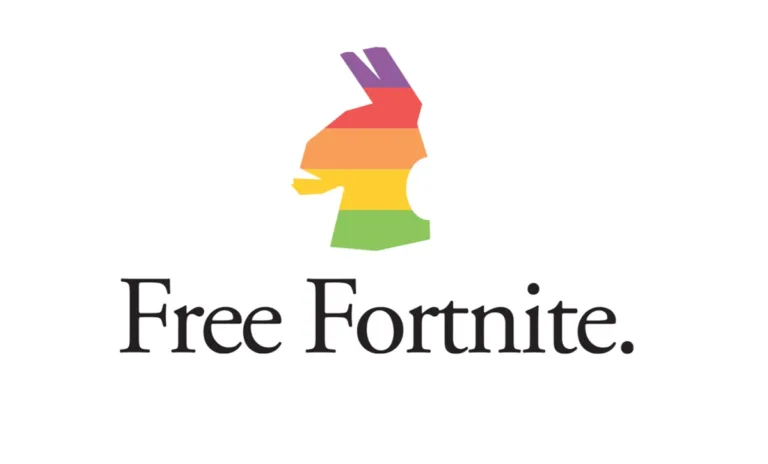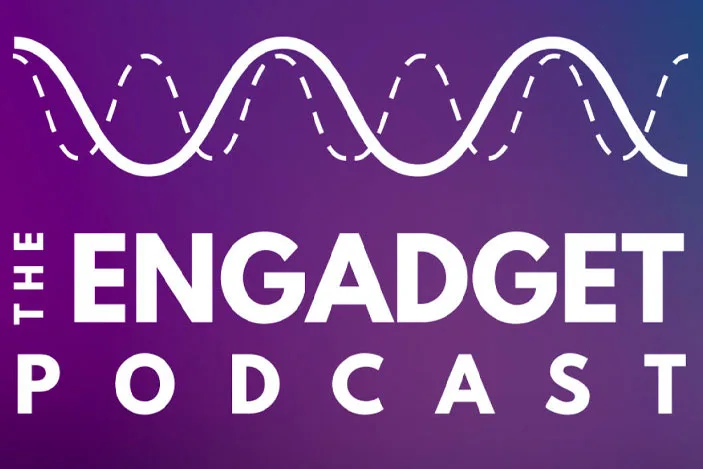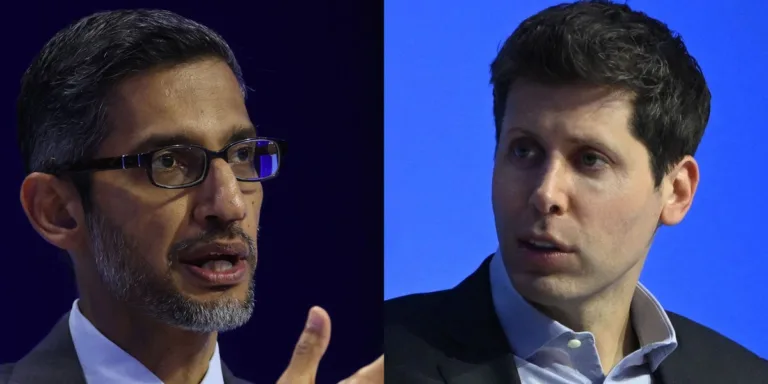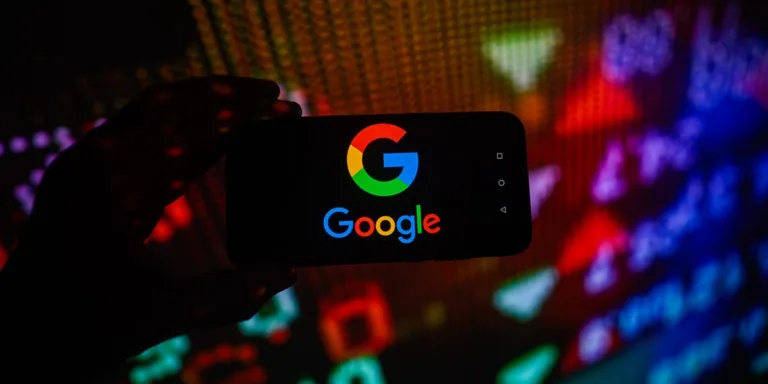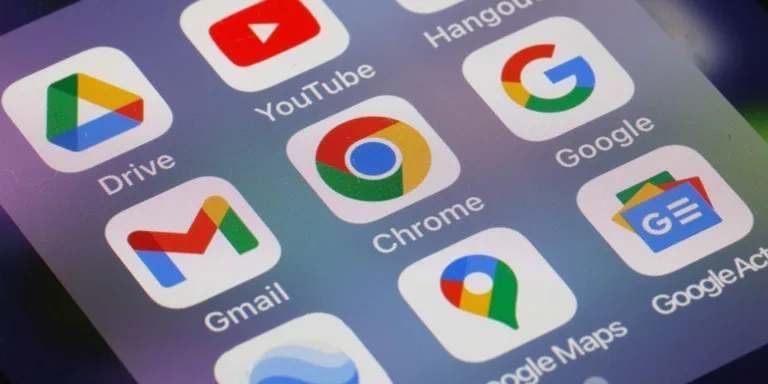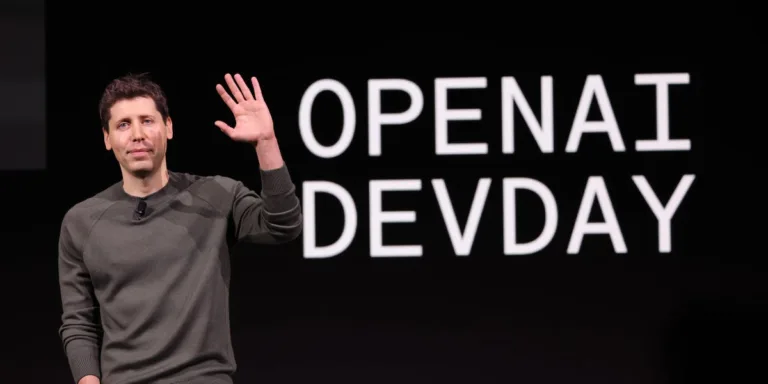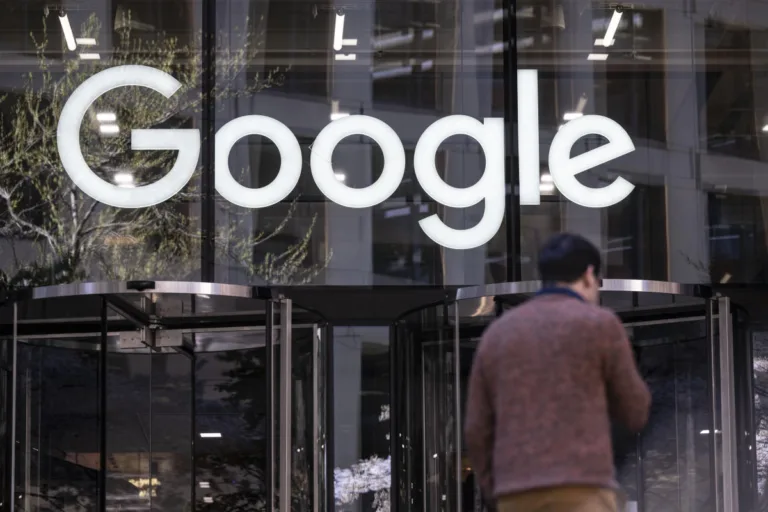Epic Games Wins Antitrust Lawsuit Against Google: Implications for the Tech Industry
Epic Games has won its antitrust lawsuit against Google, following its previous loss against Apple. The ruling highlights differences between the cases, such as Google’s need to collaborate with third-party manufacturers and Apple’s proprietary ecosystem. The implications of the ruling may lead to a potential breakup of Google’s monopoly and positive outcomes for developers and gamers. The broader consequences of the decision are still pending, awaiting Judge James Donato’s ruling and any potential appeals.


